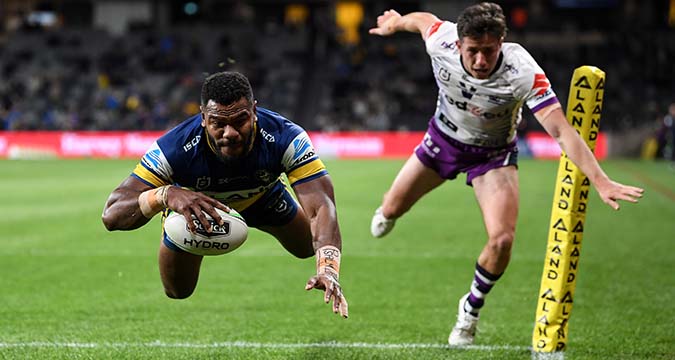 LEAGUE EXPRESS MAILBAG 24/08/20
OTHER CODE GETS IT RIGHT
Rugby Union appears to have handled a tricky situation better than Rugby League.
Last Monday, I watched the opening round highlights of the Gallagher Premiership on Channel 5. Instead of jumping blindly on the BLM bandwagon the Rugby Union introduced their own campaign, 'Rugby Ag
LEAGUE EXPRESS MAILBAG 24/08/20
OTHER CODE GETS IT RIGHT
Rugby Union appears to have handled a tricky situation better than Rugby League.
Last Monday, I watched the opening round highlights of the Gallagher Premiership on Channel 5. Instead of jumping blindly on the BLM bandwagon the Rugby Union introduced their own campaign, 'Rugby Ag Full League Express Mailbag – Monday 24th August
 LEAGUE EXPRESS MAILBAG 24/08/20
OTHER CODE GETS IT RIGHT
Rugby Union appears to have handled a tricky situation better than Rugby League.
Last Monday, I watched the opening round highlights of the Gallagher Premiership on Channel 5. Instead of jumping blindly on the BLM bandwagon the Rugby Union introduced their own campaign, 'Rugby Ag
LEAGUE EXPRESS MAILBAG 24/08/20
OTHER CODE GETS IT RIGHT
Rugby Union appears to have handled a tricky situation better than Rugby League.
Last Monday, I watched the opening round highlights of the Gallagher Premiership on Channel 5. Instead of jumping blindly on the BLM bandwagon the Rugby Union introduced their own campaign, 'Rugby Ag 